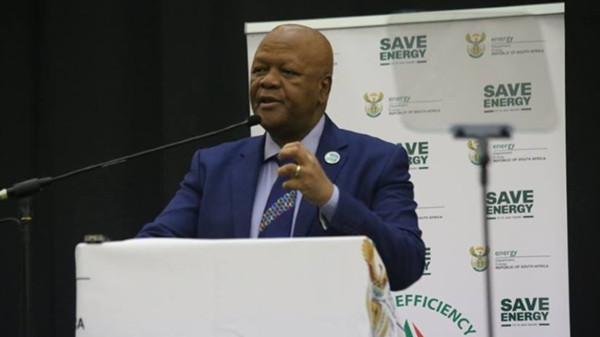South Africa must consider nuclear as a clean energy source that can be part of its electricity generation mix, Energy Minister Jeff Radebe said yesterday in his keynote speech at a business awards ceremony.

Jeff Radebe (Image: South African Government News Agency)
"As a developing economy, plagued by high poverty and unemployment levels, the issue of reliable and affordable energy is critical," Radebe said. "The impact of unreliable or unaffordable energy on value-creating industries which contribute significantly to economic development could be very devastating if unmanaged."
Sustainable energy planning requires a "holistic approach" to planning for future energy needs, ensuring environmental and climate change issues, together with social development and economic growth, are all considered in a balanced manner, he said.
"We have come to realise that achieving these objectives simultaneously is no easy task as it entails juggling competing and often conflicting objectives. During the energy planning process, we therefore cannot discriminate against or favour any particular energy carriers," he said.
The country cannot not ignore its abundant coal reserves, and the "relatively low" price of coal, but this is "counter-balanced" by coal's high carbon content and internalised through policy options including emissions reduction targets and the introduction of carbon taxes.
"We have to consider nuclear, and despite its high capital costs, we have not lost sight of the fact that this is a clean energy source that can contribute optimally for electricity generation," the minister said.
South Africa's long-term energy plans are outlined under the Integrated Resource Plan (IRP), which first came into effect in 2011. At that time, the plan called for construction of 9600 MWe of new nuclear capacity over the period to 2030. However, a draft update to the IRP, released by Radebe for public comment in 2018, proposes nuclear capacity remaining at 1860 MWe - the capacity of the country's currently operating Koeberg nuclear power plant.
The Portfolio Committee on Energy, which provides parliamentary oversight for the work of South Africa's energy department, in November said the IRP should make it explicit that both coal and nuclear will remain important elements of the country's energy mix.